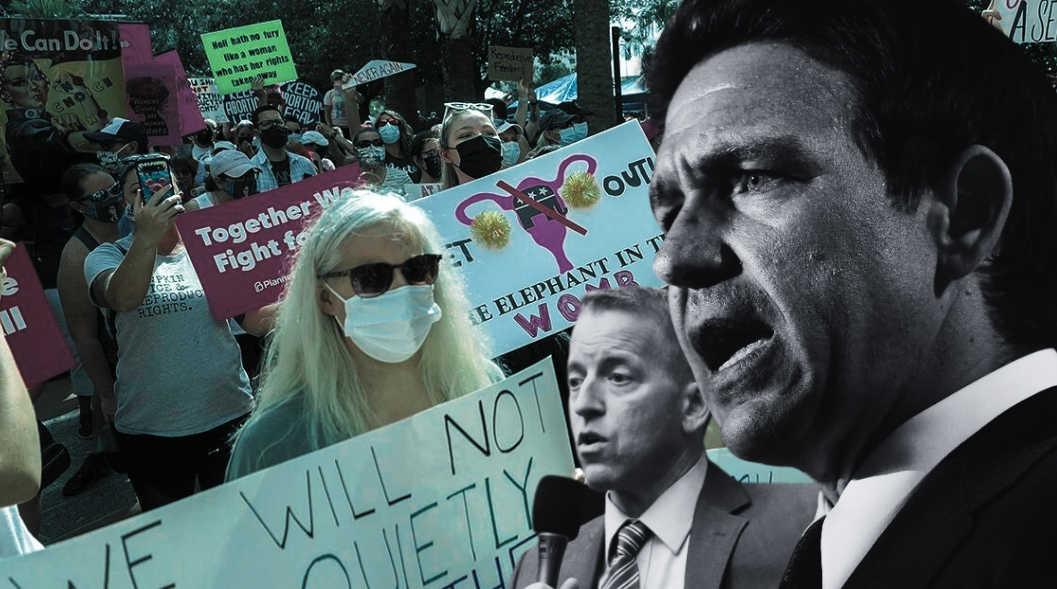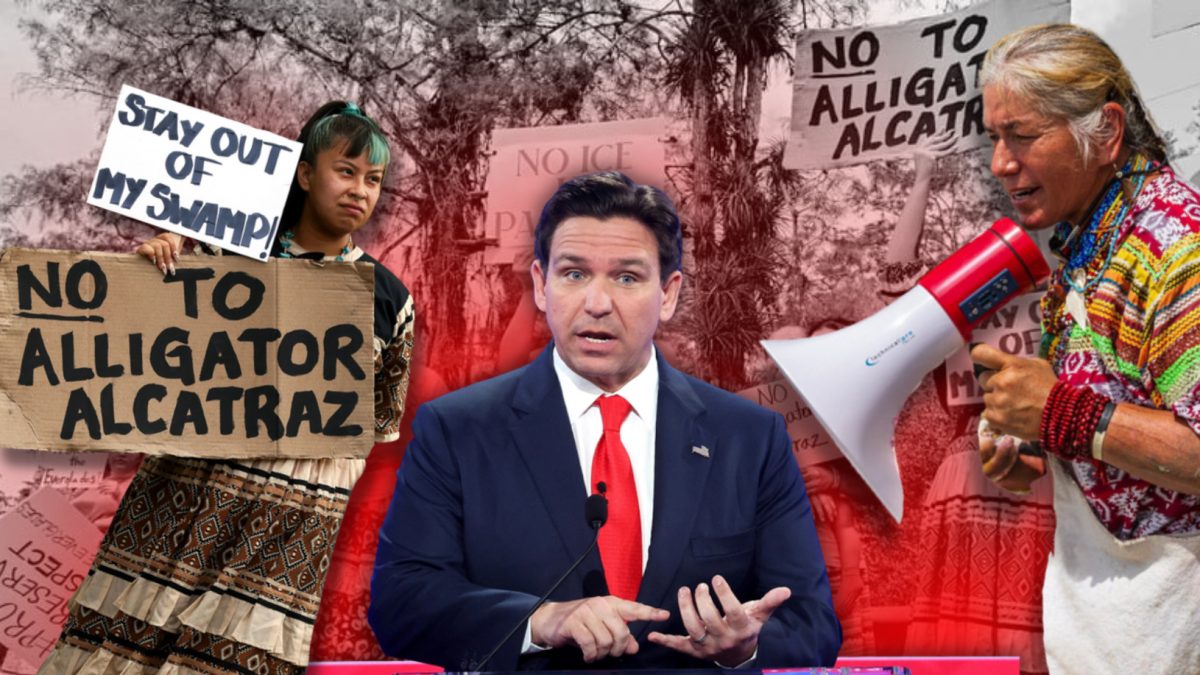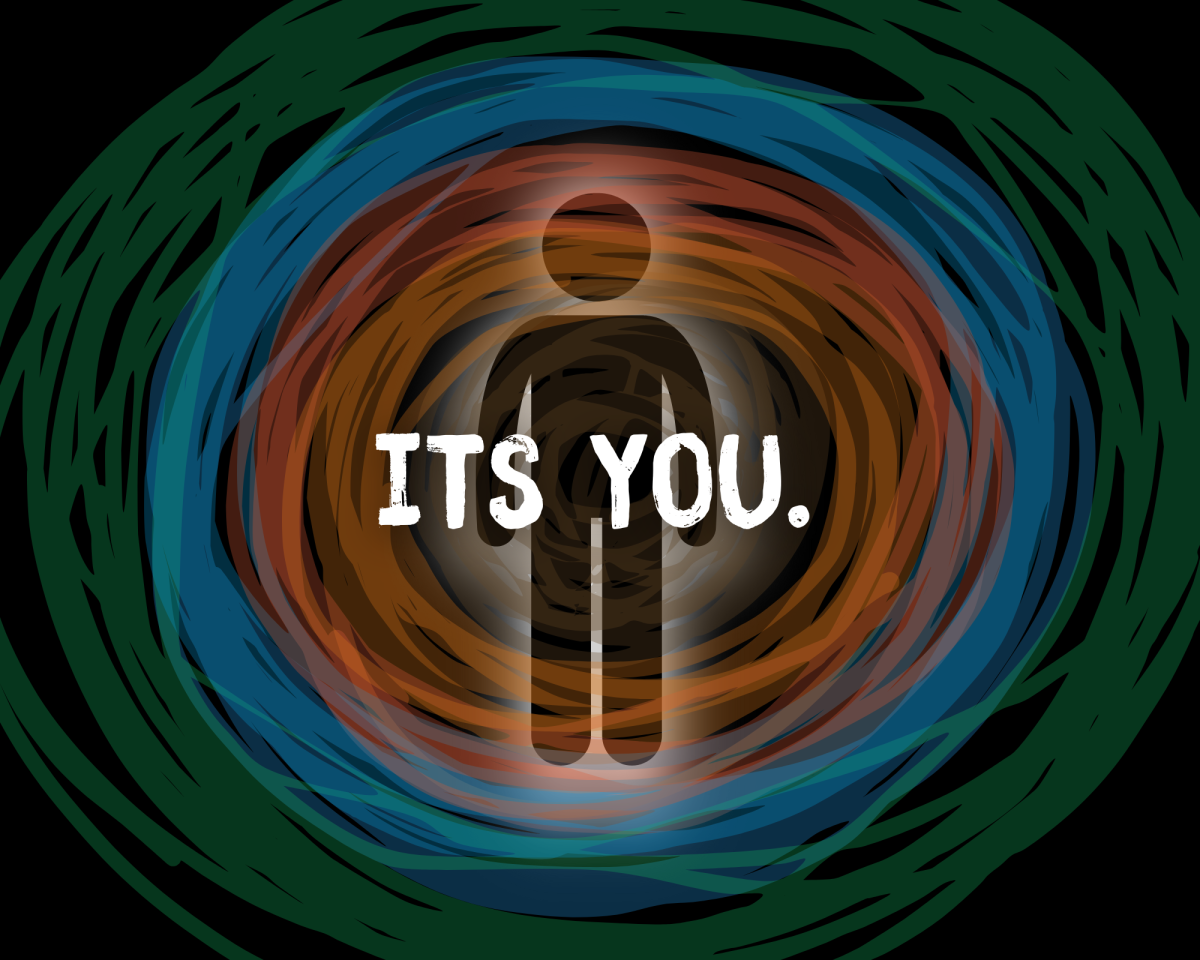Following the overturning of Roe v Wade, states all across the country have started placing restrictions or outright bans on abortion, and Florida is one of the many with Governor Ron DeSantis signing a ban on abortions after 15 weeks of pregnancy in 2022. On April 1st, the Supreme Court of Florida upheld the 15 week ban in a 6-1 decision following a challenge to the law by abortion rights organizations.
This ruling may very well clear the way for a ban on abortions after 6-weeks, when according to the National Institute of Health, 28% of women don’t even know they’re pregnant. But, the Florida Supreme Court also ruled in a separate 4-3 ruling that would allow a ballot so Florida voters could decide on whether or not to keep abortion rights protected under the state’s constitution. This decision could have major impacts in not just Florida, but potentially in the entire country.
There is a possibility that if the 6-week abortion ban were to fully pass and become law in Florida, making it another state among 12 to make this decision, and could lead to other anti-abortion states to follow suit. Although the law for Florida’s 6-week ban does include exceptions for factors like rape, incest, abnormalities, or to protect the mother, that doesn’t mean that other states that implement the ban will also include these exceptions.
But on the other hand, in states that have voters balloting for these decisions on abortion, such as Maryland or New York, have been backing abortion rights, showing that a lot more people are in support of abortion than against, which could very well cause many lawmakers to change their decisions to expand abortion restrictions, even if slightly.
If this ban on post-6 week abortions comes to pass in Florida, it will have long lasting effects on abortion rights in the country as a whole, and not just Florida. Even if it doesn’t come to pass, the results of the voter ballot, and the Florida Supreme Court’s final decision will shape the future of reproductive rights in Florida and beyond.














